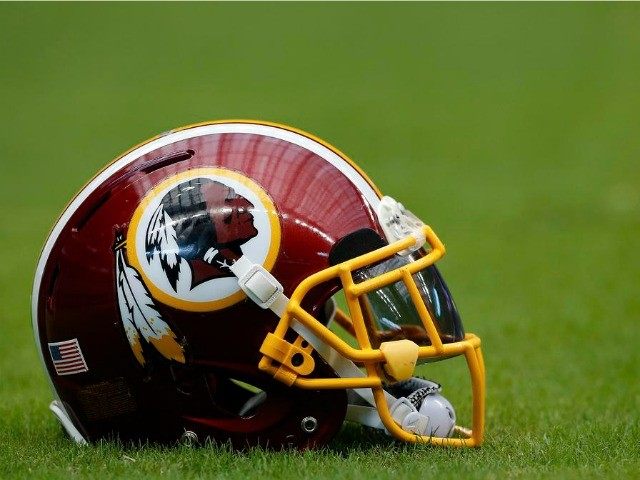WASHINGTON, D.C.—Offensive terms can receive trademark protection, and Congress’s 70-year-old statute to the contrary violates the First Amendment, a federal appeals court held in a case that is likely to now go before the Supreme Court.
Article I of the Constitution includes the provision that Congress has power to grant patents and copyrights. In 1946, Congress passed the Lanham Act, the modern version of the law securing trademark rights. Section 2(a) of that federal statute forbids the Patent and Trademark Office (PTO) from granting trademarks for “scandalous, immoral, or disparaging remarks.”
Simon Tam is an Asian-American entertainer who sought to trademark the name “The Slants” for his musical group. PTO refused, because that term is used as a racial slur against people of Asian descent. Tam sued.
His case eventually went before the U.S. Court of Appeals for the Federal Circuit, which has jurisdiction over such disputes. On December 22, in a lengthy opinion, the full Federal Circuit held by a 9-3 vote that Section 2(a) of the Lanham Act violates the Free Speech Clause of the U.S. Constitution’s First Amendment.
Judge Kimberly Ann Moore wrote for the court that many such rejected trademarks, “convey hurtful speech that harms members of oft-stigmatized communities. But the First Amendment protects even hurtful speech.”
Judge Moore noted that another rejected trademark was for the phrase, “Stop the Islamisation of America.” She cited this as another example of speech that may be offensive to some people and denigrate a particular group, but is nonetheless protected by the Constitution.
The majority opinion reasoned, “The government cannot refuse to register disparaging remarks because it disapproves of the expressive messages conveyed by the marks. It cannot refuse to register marks because it concludes that such marks will be disparaging to others. The government regulation at issue amounts to viewpoint discrimination…”
According to the Federal Circuit, such discrimination cannot be sustained unless the government satisfies an extremely demanding standard called “strict scrutiny,” where the law is presumed unconstitutional and will only be upheld if the government proves that it is narrowly tailored to achieve a compelling public interest.
The court noted that those seeking patents, copyrights, or trademarks are seeking government benefits. But Judge Moore cited Supreme Court precedent that it would violate the “unconstitutional conditions doctrine” to make forfeiting First Amendment rights a condition for receiving a government benefit.
The court’s opinion has widespread implications. The Washington Redskins should certainly be able to retain its name under this precedent, and various controversial messages on immigration, marriage, and conservative issues that are considered politically incorrect should also be able to avail itself of the Federal Circuit’s holding.
It is very likely that U.S. Solicitor General Donald Verrilli will now petition the U.S. Supreme Court to review this decision. Given that a federal appeals court has struck down part of a federal statute—one that was enacted right after World War II—it is virtually certain that such a petition would be granted, and the case be heard in late 2016.
Ken Klukowski is legal editor for Breitbart News. Follow him on Twitter @kenklukowski.

COMMENTS
Please let us know if you're having issues with commenting.